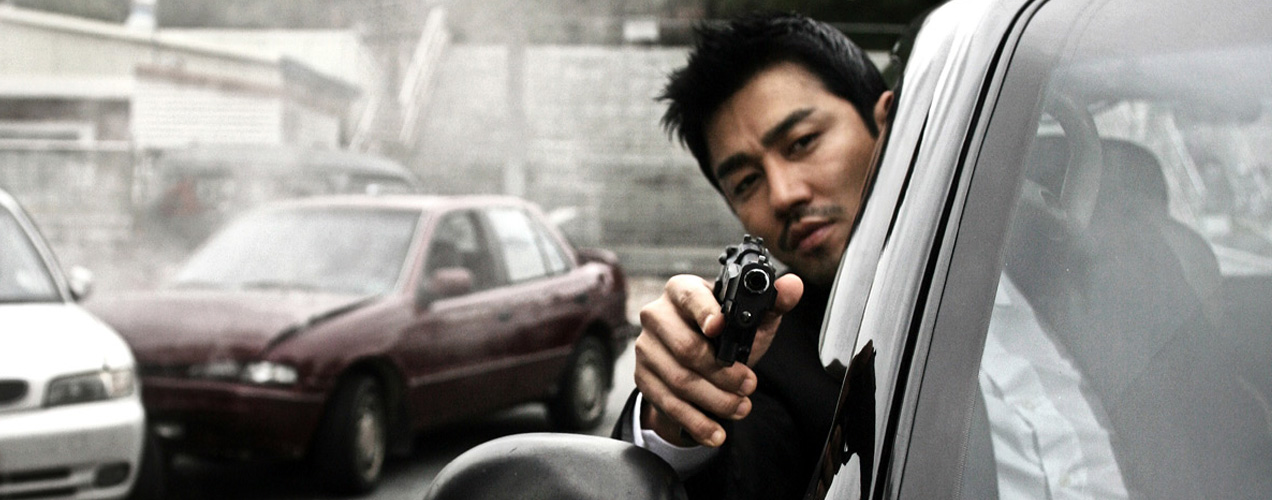2008 / Kwak Kyung-taek & Ayn Kwon-tae > What starts off as a captivating cops & robbers chase suddenly breaks down into a predictable Hollywood action mash-up with a tinge of melodrama thrown in. That’s plenty sad because not only did we have the return of the great Han Suk-kyu (with shiny, silver hair, at that) but also another attempt by Kwak to replicate the magic from Friend. Whereas Typhoon was a bloated, bland epic, Eye for an Eye had the scale, intensity and setting to make something of itself, but it just never could build on its premise. Every year now, I wait for Korea to release an action flick that takes the genre to the next level, but they continue to regress. Was 2005’s A Bittersweet Life the death of the slick, intelligent actioner?
Category Archives: Korea
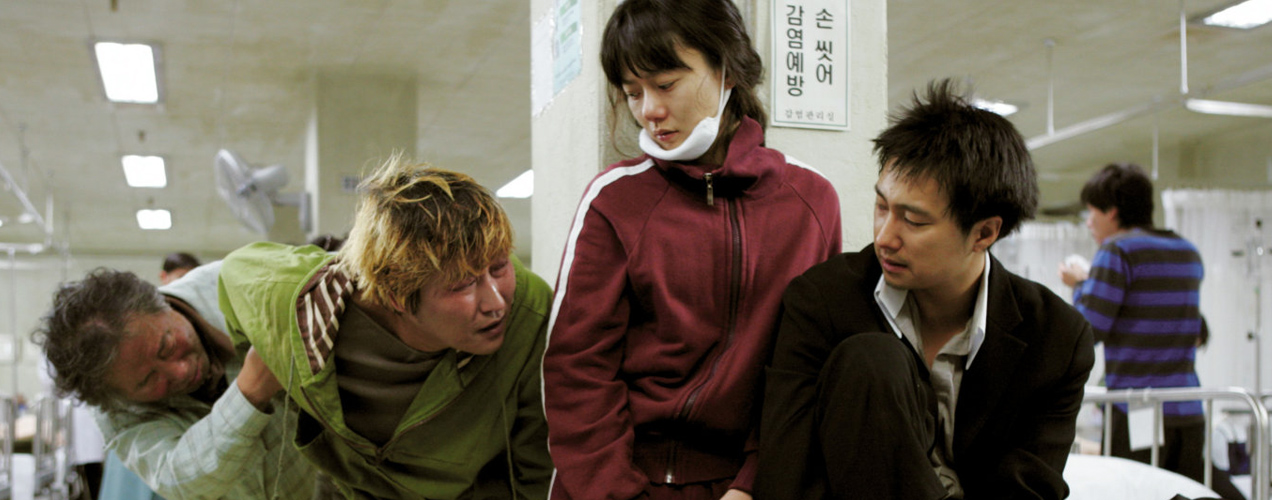
The Host
2006 / Bong Joon-ho > Much like Cloverfield is an episode of The O.C. with a monster in it, The Host is effectively a family dramedy with a monster in it. The difference between the two, thankfully, is that there is no Marissa Cooper. (If you want to throw in the fact that there are also no backstabbing stepmothers, drunk biological mothers and workaholic adopted mothers, that’s also positive, but there is one bad ass archer sister you must yield for.)
Coming on the back of Bong’s Memories of Murder, which I believe in some ways is objectively the finest Korean film of the decade, The Host’s US$11 million budget was daunting and created enough hype in itself to make people curious what was in tow (especially after Kwak Kyung-taek’s miserable failure with Typhoon’s US$15 million budget). It didn’t disappoint. Featuring a strong cast of Memories of Murder’s Song Kang-ho, Sympathy for Mr. Vengeance’s Bae Doo-na (the bad ass archer sister) and Rules of Dating’s Paek Hae-il, the film brought forth much praise from its premiere at Cannes. How?
It goes back to the premise of being a family dramedy with a monster in it. This, in itself, creates a plot that isn’t dependent on the monster, which, much like special effects, should sometimes be a device to further character development and storyline rather than be the focus. Along the way, Bong makes some social commentary on pollution and the American occupation (arguably the movie’s weakest points), but tries his best not to forget about the little girl who’s sharing the sewer with the monster itself. And the family that pulls together to save her.
The special effects are adequate and not distractive enough to bring into question its quality. The casting/acting is spot on, with every character equally contributing to the problems and solutions (which is key, since family is about sharing). The pacing is just right, the script is often hilarious (such as the brilliant funeral scene), and the resolution works in a manner that satiates viewers without insulting them. And so lamentably, I’ve haven’t seen Korean cinema of this caliber since first catching this at the 2006 New York Film Festival.

Beautiful
2008 / Jeon Jae-hong > A social commentary on the heels of Kim Ki-duk’s Time by protege Jeon, Beautiful stars the naturally gorgeous Cha Soo-yeon as a woman who makes everyone drop at her feet. Then an act of tragedy occurs that makes her think twice about what it is that she’s flaunting. The script, written by mentor Kim, is undoubtedly trying to tell us something about how superficial the world has become, but isn’t this obvious by now? The cliches in the film are blatant, and the exposition sensational. There’s something in there, somewhere, that’s worth examining further, but the film seems to simply tip toe around it for an hour and a half, acting superior to the audience. Face it: Nobody who watches this ought to discover any new realities of the world afterwards, and if either Kim or Jeon think they’re pushing out something revelatory, it’s time for them to get their own reality check.
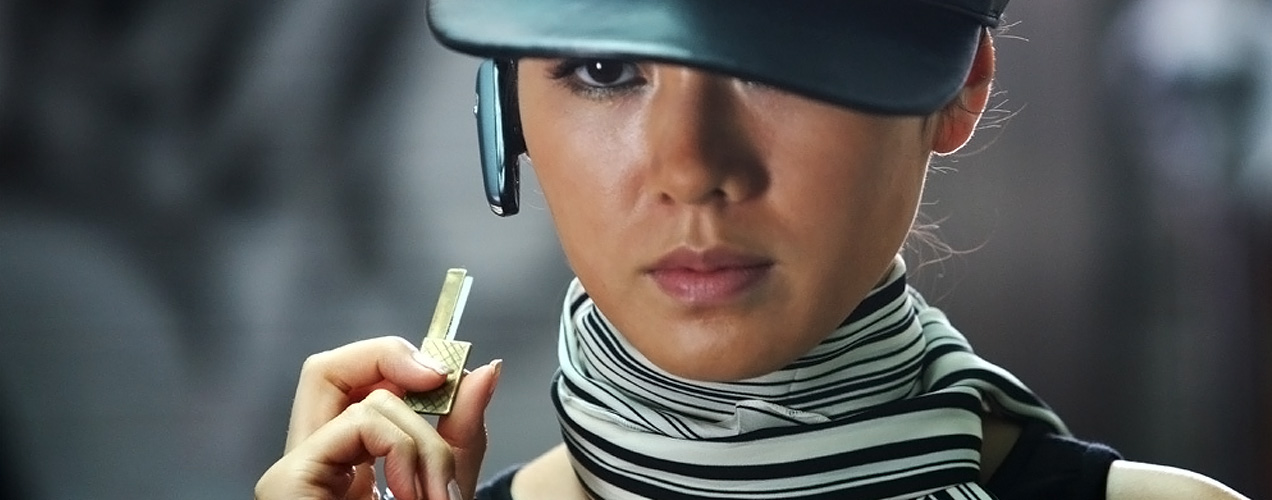
Open City
2008 / Lee Sang-ki > Open City is effectively a showcase for Son Ye-jin and her costume designer. Her dresses are smart and sexy, a couple of things the film completely fails at. It’s bad enough that the story centers around pickpocketing gangs, it’s even worse than it takes itself so seriously that it never achieves the level of depth or structure necessary to justify its silly premise. It arguably tried to piggyback on the success of Tazza domestically, but fell very short with its superfluous melodrama and undeveloped characters.

Happiness
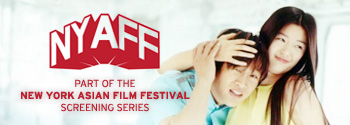 2007 / Hur Jin-ho > Christmas in August is one of the most subtle yet poignant melodramas I’ve ever had the pleasure of seeing. The manner in which Hur brought forth the quiet yet powerful emotions of the leading characters was a stellar achievement in Korean filmmaking, but similar to Lee Chang-dong’s infuriating effort in Secret Sunshine, Happiness is filled with the kind of manipulative plot advancement that would make Paul Haggis proud. Gone is Hur’s gentle, effective touch, and found is a story where each successive sequence increases our dislike of the leading characters who we’re supposed to feel pity for. The trick is to realize that good melodrama is not based on pity but rather empathy, and characters who we find to be pathetic are not generally those who we can genuinely empathize with. Happiness is not horrible by any means, but there’s a level of anger present when realizing how much Hur’s filmmaking is regressing with each passing work.
2007 / Hur Jin-ho > Christmas in August is one of the most subtle yet poignant melodramas I’ve ever had the pleasure of seeing. The manner in which Hur brought forth the quiet yet powerful emotions of the leading characters was a stellar achievement in Korean filmmaking, but similar to Lee Chang-dong’s infuriating effort in Secret Sunshine, Happiness is filled with the kind of manipulative plot advancement that would make Paul Haggis proud. Gone is Hur’s gentle, effective touch, and found is a story where each successive sequence increases our dislike of the leading characters who we’re supposed to feel pity for. The trick is to realize that good melodrama is not based on pity but rather empathy, and characters who we find to be pathetic are not generally those who we can genuinely empathize with. Happiness is not horrible by any means, but there’s a level of anger present when realizing how much Hur’s filmmaking is regressing with each passing work.
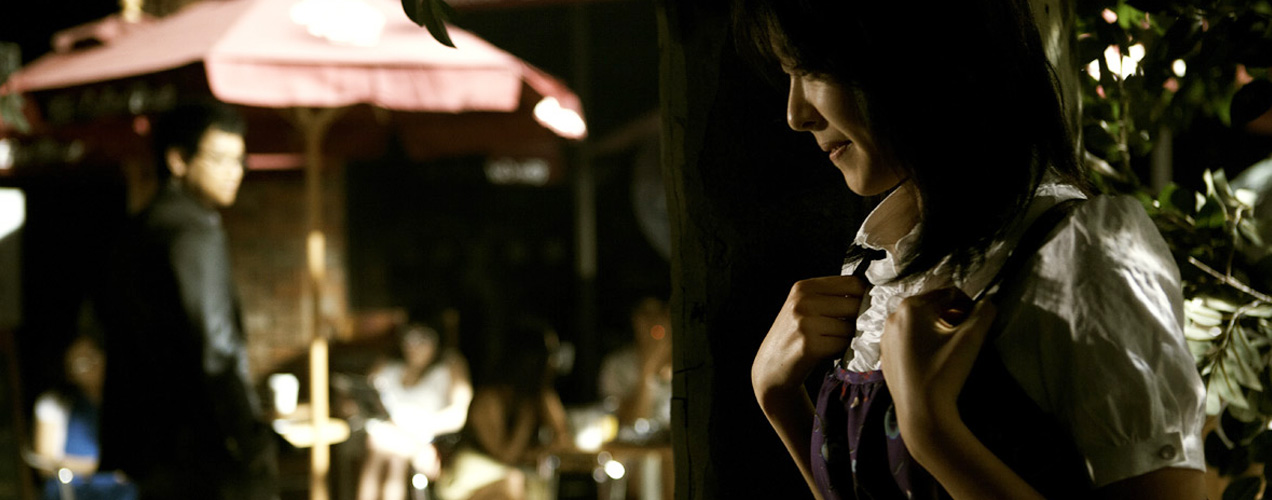
M
2007 / Lee Myung-se > It’s probably not a stretch of the imagination to call Lee the most visually stunning director in Korea, if not Asia, but there continues to be a disconnect in his storytelling cohesion. The colors, atmosphere and mood are striking in M, but what the movie is supposed to be is hard to tell. The direction keeps on changing, shifting genres with absolute disregard to the viewer. This would, of course, be completely fine if it ended in an understandable manner, but even that rationale is mostly thrown out the door when the credits roll.
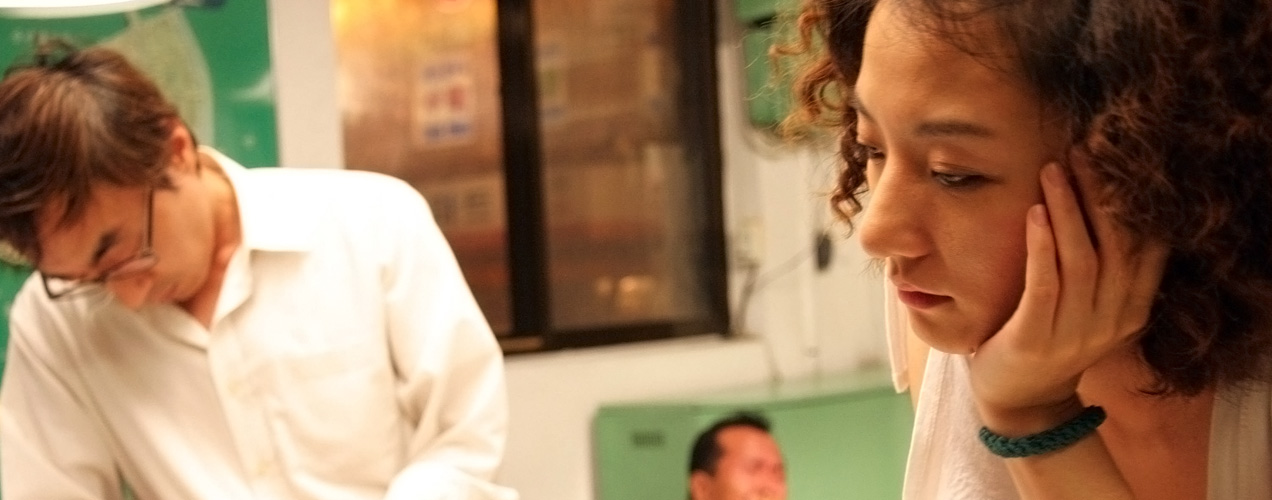
Driving With My Wife’s Lover
2007 / Kim Tai-sik > Through a meticulously tracked black dramedy, Kim explores adultery through the eyes of both willing and accidental participants. The film’s demeanor is understating but effective, often light-hearted in the face of what would generally turn into a violent revenge-fest in similar genre films. While Chungmuro continues to focus on bloated, mediocrity that’s being inspired by Hollywood, Driving With My Wife’s Lover keeps it simple yet engaging. The story, the pacing and the purposefully flat-footed acting are all spot on in creating the kind of atmosphere one would expect from a setting of illegal intimacy. It’s a small gem, having played in Berlin, Sundance and Rotterdam, but one that still has yet to get the notice it deserves.

Secret Sunshine
2007 / Lee Chang-dong > Not sure if being Korea’s Minister of Culture and Tourism has somehow taken the edge off of Lee, but Secret Sunshine is a meandering disappointment that fails to take advantage of Jeon Do-yeon’s Best Actress-winning performance at Cannes. It is, in many ways, the kind of film that I absolutely abhor: One that presents problems but doesn’t offer many plausible solutions.
Human perseverance is always a fantastic topic (as we’ve seen Frank Darabont make a career out of it), but here the theme is stretched thin with hope nowhere in sight. In Oasis and Peppermint Candy, there was a certain logic to the pain that kept our attention afloat, our minds open and our hearts beating—and then we were rewarded with brave stories of the human condition. But Secret Sunshine lacks such humanity for us to care. Even with Lee’s objective incorporation of Christianity as a method of redemption, the protagonist’s inherent weakness makes her continuously unlikable, unbearable and, subsequently, leaves the film (and the viewer) without a point to rally around.
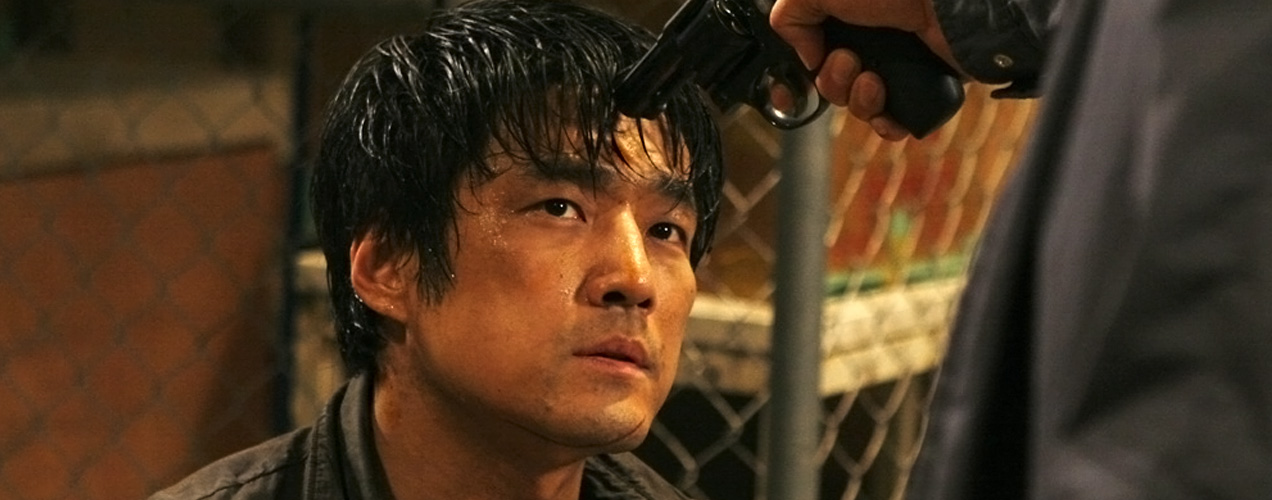
Soo: Revenge for a Twisted Fate
2007 / Sai Yoichi > As a revenge noir, Soo has most of the components under its wings, but nonetheless fails to fly. The characters are simply uncompelling and the storyline continuously absurd. In short, it lacked the panache that drove the success and enjoyment of A Bittersweet Life. I wouldn’t be surprised if a little tighter editing could turn this into something a lot more memorable, as its saving grace is its coldness, and that’s both unique and worthy of further exploration.
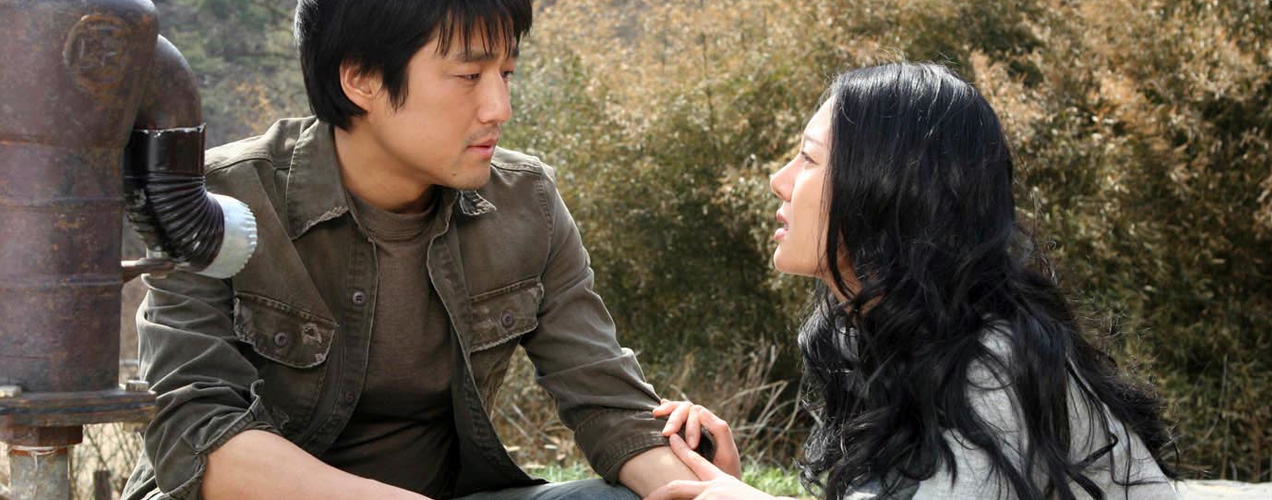
The Old Garden
2007 / Im Sang-soo > It’s tough judging a new film by a director who you admire and have the highest expectations for. In that regard, The Old Garden is an undeniable disappointment, as Im lets go of his skillful satire and realism for the typical melodrama that drives most Korean films about relationships. Interesting here is the fact that this relationship is surrounded by history (more specifically, the Gwangju Massacre of 1980), and thus provides a backdrop that is less fluff and more grounded. The central theme rings true (that things change, that you must not put yourself and your sense of duty above those you love), but the full execution comes off rather flat and forced.

